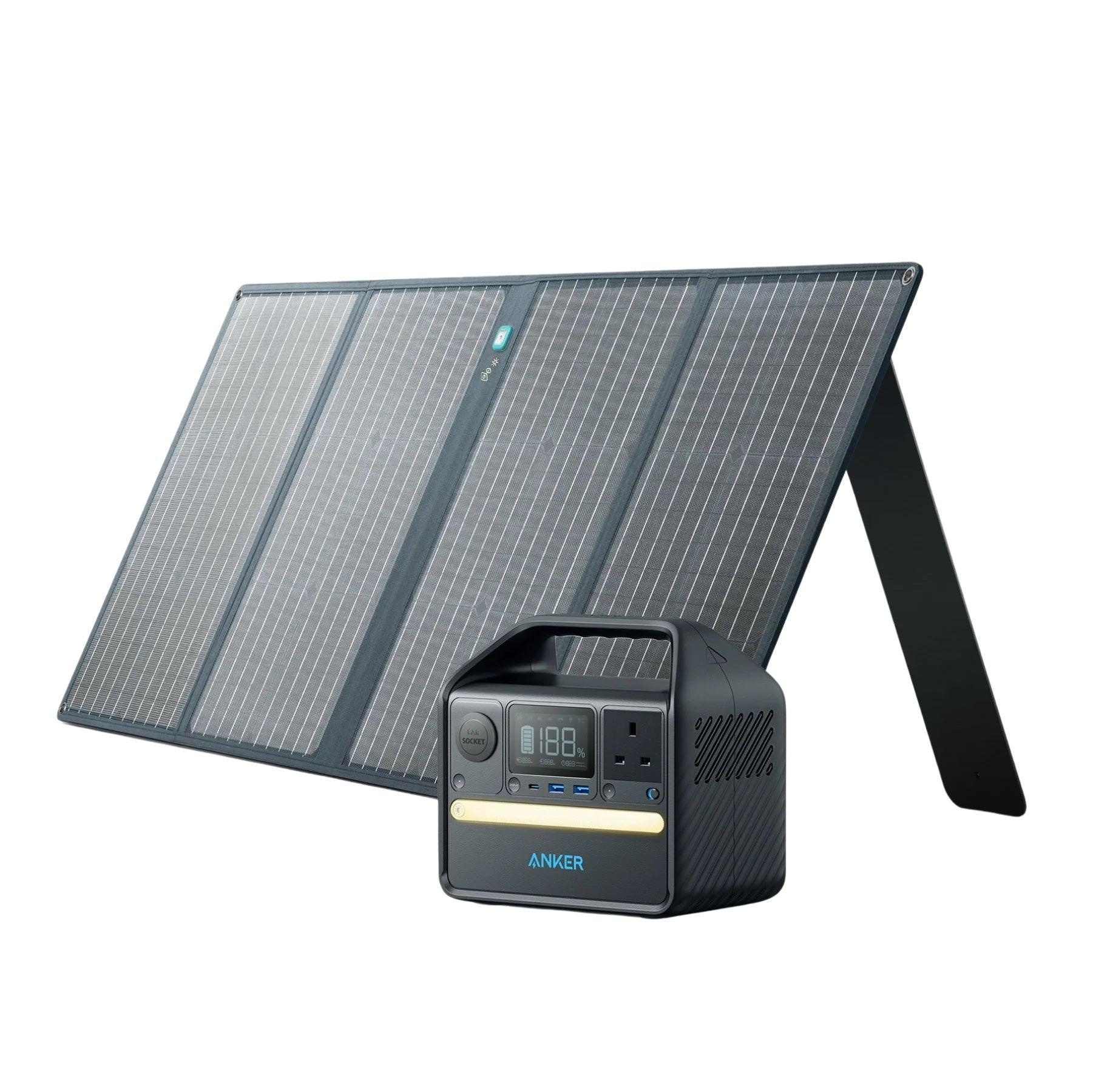Earthquakes can strike without warning, and the resulting destruction is often devastating to those affected. Preparation is key to surviving an earthquake – it’s important to know what steps you need to take before one happens in order to keep your home and family safe. In this comprehensive guide, we will cover the necessary steps to prepare before an earthquake, actions to take during an earthquake, and answer some frequently asked questions to help you stay informed and ready.

How to Prepare Before an Earthquake

Preparing in advance for an earthquake is essential to ensure the safety and well-being of yourself and your loved ones. Here are important steps to take before an earthquake:
- Develop an Emergency Plan: Create a thorough emergency strategy for your household, encompassing communication methods, designated meeting locations, and assigned roles and responsibilities for each family member. Ensure that all members are well-acquainted with the plan and understand the necessary actions to take in the event of an earthquake.
- Build an Emergency Kit: Gather together a survival kit comprising crucial items to support you and your family for a minimum of 72 hours. This kit should consist of non-perishable food, an abundant water reserve, a comprehensive first aid kit, flashlights, batteries, a whistle, a portable radio, spare clothing, and any required medications. It is advisable to also contemplate adding a portable power station or solar generator to your emergency equipment to guarantee a dependable power source in case of electrical outages.
- Secure Your Home: Identify and address potential hazards within your home that could pose a risk during an earthquake. Take measures to anchor heavy furniture and appliances securely to the walls or floors. Secure bookcases and cabinets, and install latches on cabinet doors to prevent them from swinging open during shaking. Additionally, consider retrofitting your home to make it more resistant to seismic activity. Consult with professionals to assess and reinforce your home's structural integrity.
- Familiarize Yourself with Safe Areas: Identify safe areas in your home where you can take cover during an earthquake. These areas should be away from windows, glass, and heavy objects that could potentially fall or shatter. Seek shelter under a sturdy piece of furniture such as a table. If no suitable furniture is available, move to an interior corner of the building. Remember to protect your head and neck with your arms.
- Stay Informed: Stay updated on earthquake-related information and guidelines provided by local authorities, emergency management offices, or reliable news sources. Familiarize yourself with the signs that may indicate an impending earthquake, such as ground shaking, unusual animal behavior, or changes in water levels. Being aware of the latest information can help you make informed decisions and take appropriate actions promptly.
By following these preparatory measures, you can significantly reduce the risks associated with earthquakes. Being proactive and ready will allow you to respond effectively and protect yourself and your family in the event of an earthquake.
What We Should Do When an Earthquake Occurs

During an earthquake, it is crucial to take immediate actions to protect yourself and ensure your safety. Here are important steps to follow when an earthquake occurs:
- Stay Calm: Keep calm and try to remain composed. Remember that earthquakes typically last only a few seconds or minutes, even though they may feel longer.
- Drop, Cover, and Hold On: Drop down to your hands and knees to prevent being knocked over. Take cover under a sturdy piece of furniture, such as a table, and hold on to it until the shaking stops. If there is no furniture nearby, move to an interior corner of the building away from windows, glass, and heavy objects. Protect your head and neck with your arms.
- Stay Indoors: If you have no time to run to an open place, stay inside and avoid running outside during the shaking. Many injuries occur due to falling objects or collapsing structures. Stay away from windows, glass, and exterior walls to minimize the risk of injury from shattered glass or building debris.
- Stay Away from Potential Hazards: Steer clear of potential hazards within your surroundings. Stay away from heavy furniture, appliances, or objects that may topple or fall during the shaking. Be mindful of overhead fixtures, light fixtures, and shelves that could dislodge or collapse.
- Do Not Use Elevators: Avoid using elevators during an earthquake, as they may become stuck or malfunction during the shaking. Use stairwells instead, but be cautious of any structural damage that may have occurred to the building.
- Be Prepared for Aftershocks: Aftershocks are smaller earthquakes that can occur after the main earthquake. These aftershocks can be equally dangerous, so be prepared for them. Follow the same safety procedures of dropping, covering, and holding on during aftershocks.
- Listen for Updates and Instructions: Stay tuned to emergency alerts, local news, or radio broadcasts for updates and instructions from authorities. They will provide valuable information and guidance on what to do and where to seek help if needed.
- Check for Hazards After the Shaking Stops: After the shaking stops, be cautious of potential hazards in your surroundings. Check for gas leaks, electrical hazards, and structural damage. If you suspect a gas leak, turn off the gas supply and leave the building immediately. Avoid using open flames or any devices that could ignite sparks. If you come across downed power lines, stay away from them and report them to the appropriate authorities.
Remember, every earthquake situation is unique, and the appropriate actions may vary depending on the specific circumstances. It is essential to prioritize your safety and follow the instructions of local authorities during an earthquake. Stay informed, be prepared, and take swift and appropriate actions to ensure your well-being.
Conclusion
Preparing for an earthquake is crucial for safeguarding yourself, your family, and your property. By taking proactive steps before an earthquake, such as creating an emergency plan, building an emergency kit, securing your home, and staying informed, you can minimize the risks and be better prepared to handle the aftermath. During an earthquake, remember to stay calm, drop, cover, and hold on, and take necessary precautions to protect yourself from hazards. By understanding the basics of earthquakes and knowing the safest actions to take, you can increase your chances of staying safe during these natural disasters.
[ddshopfaq-59493]
















